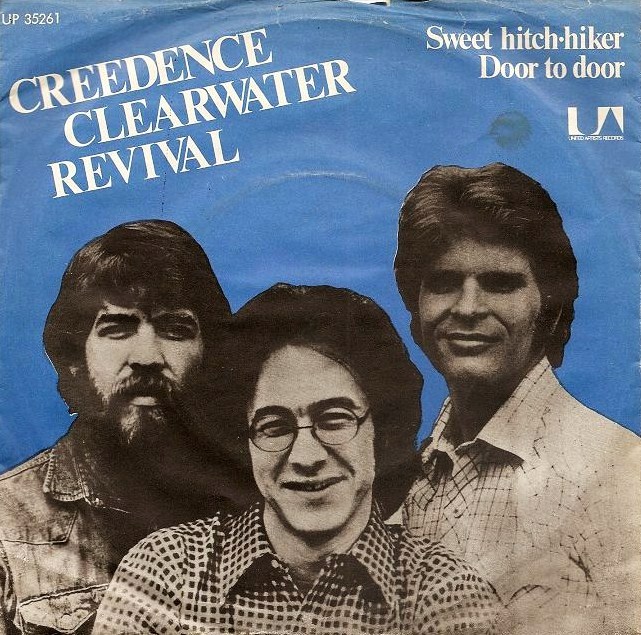
A Haunting Reflection on the Passage of Time and Lost Opportunities
When Creedence Clearwater Revival released “Someday Never Comes” in 1972, it marked the poignant final chapter of their storied journey as a band. The track served as the last single from their seventh and final studio album, Mardi Gras, and it reached a modest position of No. 25 on the Billboard Hot 100 chart. Despite its relatively lower commercial success compared to some of their earlier hits, “Someday Never Comes” stands as an enduring testament to the band’s profound lyrical depth and emotional resonance.
The song is a deeply personal narrative penned by John Fogerty, the band’s lead vocalist and primary songwriter. It delves into the cyclical nature of disappointment and unmet expectations, themes that resonate universally yet are conveyed through a deeply intimate lens. The story behind “Someday Never Comes” is rooted in Fogerty’s own experiences with his father, who left the family when John was just a child. This personal history lends an authentic and heartrending weight to the lyrics, as Fogerty explores the lingering impact of broken promises and lost opportunities.
“Someday Never Comes” is crafted around a series of vignettes that capture moments of realization and regret. Each verse unfolds like a chapter in a book, painting vivid pictures of life’s fleeting nature and the often unfulfilled dreams that accompany it. The song begins with a young boy learning from his father that life is full of uncertainties—a lesson that becomes all too real as he grows older. This narrative arc is accentuated by Fogerty’s soulful vocals, which convey a sense of vulnerability and introspection.
Musically, the track features Creedence Clearwater Revival’s signature blend of rock and roll with elements of country and blues, though it carries a more somber tone than some of their other work. The melody is both haunting and beautiful, underscored by a melancholic guitar riff that echoes the song’s reflective theme. The instrumentation provides a fitting backdrop for Fogerty’s storytelling, creating an atmosphere that invites listeners to ponder their own experiences with time’s relentless march forward.
For many listeners—especially those who have witnessed the passage of decades—the song evokes a powerful sense of nostalgia. Its exploration of life’s impermanence and the heartache of deferred dreams strikes a chord with anyone who has ever grappled with their own “someday” that never arrived. In this way, “Someday Never Comes” serves not only as a reflection on personal history but also as a universal meditation on aging and the wisdom—or lack thereof—that comes with it.
In essence, Creedence Clearwater Revival’s “Someday Never Comes” captures the bittersweet nature of life’s journey with an eloquence that resonates across generations. It stands as a poignant reminder that while we may plan for tomorrow, we must also cherish today, for sometimes, someday truly never comes. Through its heartfelt lyrics and evocative melody, the song remains an enduring piece of musical storytelling—a reflective companion for those navigating the complex tapestry of memory and expectation.
